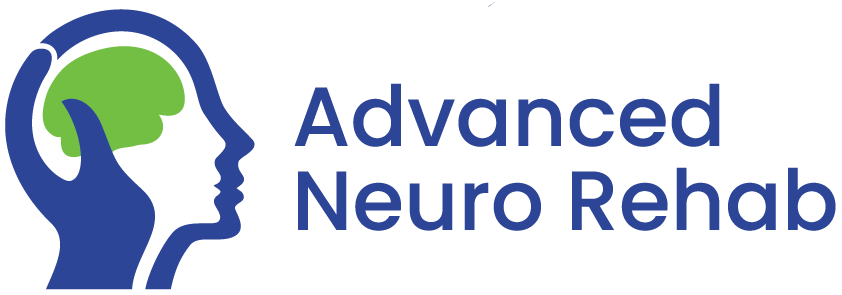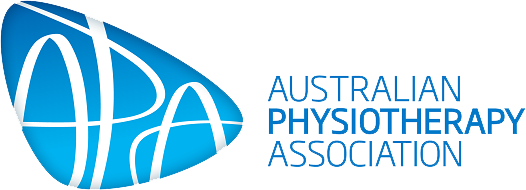
Neurological Physiotherapy
Spinal Cord Injury
Spinal cord injury can result from either traumatic or non-traumatic changes such as tumour, infarct (lack of blood supply), infection or severe structural changes around the spinal canal.
The American Spinal Injury Association (ASIA) uses a standardised scale to determine the lowest level that has full normal function. If someone is a C7 quadriplegia, it means that someone has full feeling and movement associated with that level of nerve supply and above.
Spinal cord injury can be classified as complete or incomplete. Complete injuries result in complete paralysis below their level of injury. Incomplete means there is either some preserved sensation or movement in the lower parts of the body.
Common issues are
- Inability to control movement of legs and or arms, depending on the level of injury
- Reduced sitting balance
- Problems with breathing, coughing and sleeping
- Reduced hand dexterity and strength
- Spasms and increased tone
- Neuropathic pain
- Autonomic dysreflexia
- Altered sensation
- Bladder and bowel dysfunction
- Fragile skin or pressure areas/sores
- Significant paralysis leading to inability to stand or walk
Neurological Physiotherapy can help by
- Assessing your specific impairments
- Design a individualised program for you
- Provide hands-on treatment to teach you how to move better or more efficiently
- Review your seating and any other equipment you may need
- Liaise with the other health professionals or funding bodies as required to assist with your ongoing rehabilitation needs






